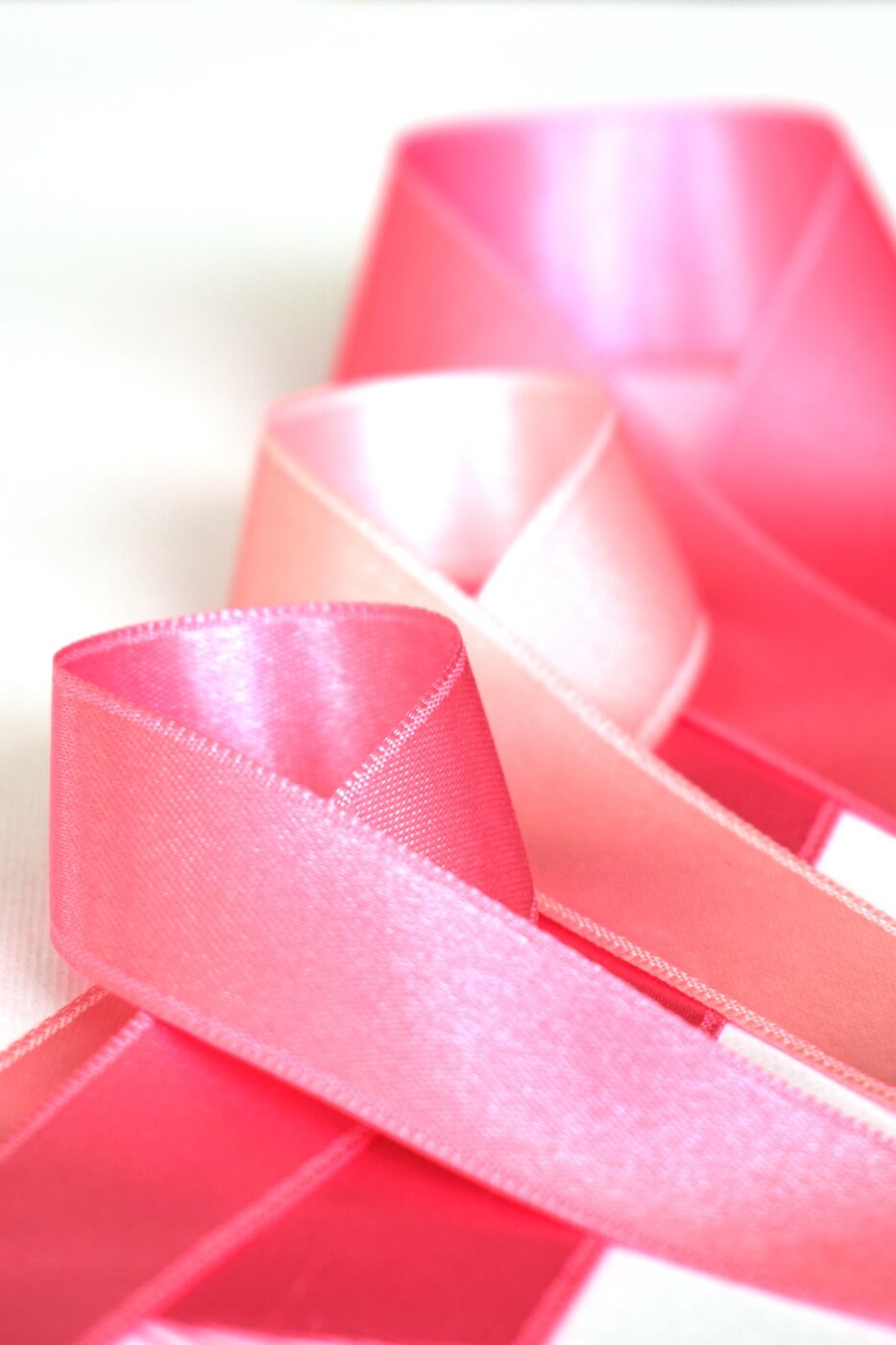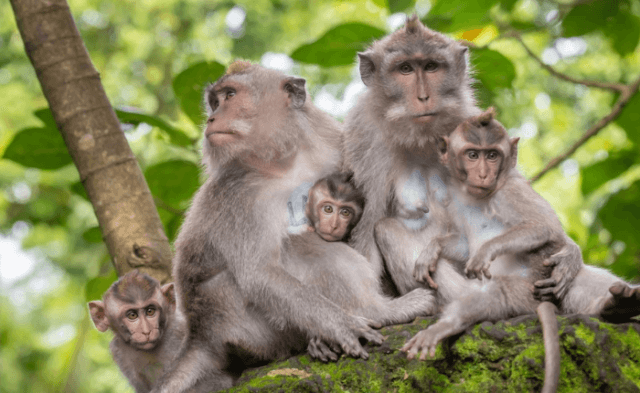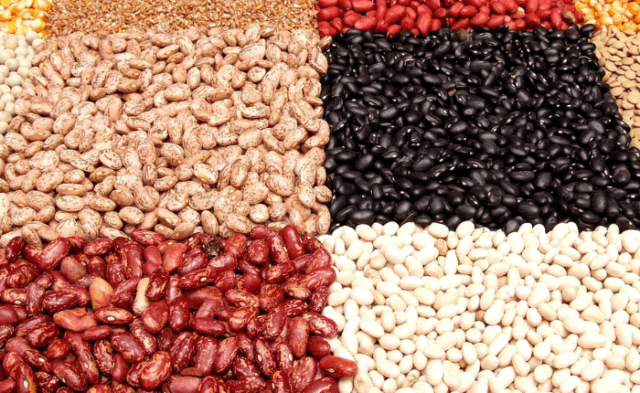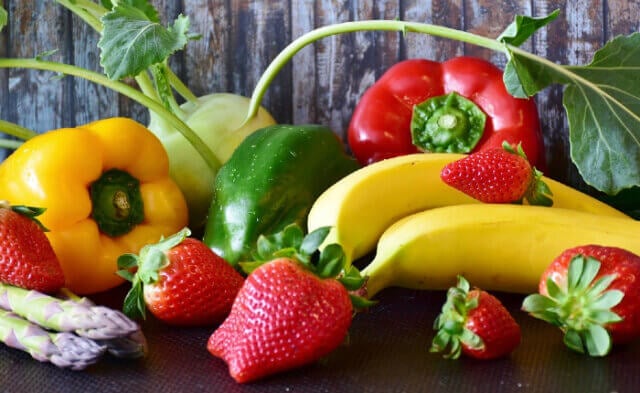
Take Hungry Howie’s, the pizza chain, for example. It has locations in 20 states and sells its pizzas in pink boxes throughout October. Dr. Jane A. Plant, a scientist and breast cancer survivor, says that cancer is conclusively linked to animal-derived foods, particularly casein, the main protein in cow’s milk. Even if a cheese pizza is served in a pink box, it still has cancer-causing properties—especially if it’s topped with pepperoni, ham or other processed meats.
Study after study has shown that the consumption of processed meat puts us at risk of various forms of cancer, including breast cancer. A University of Southern California study, for instance, indicates that Latinas who eat about 20 grams of processed meat per day—about the equivalent of a strip of bacon—have a 42 percent greater risk of developing breast cancer than those who don’t.
Colorful packaging can’t disguise the evidence linking animal-based foods to cancer—or hide the cruelty to animals. If companies were truly interested in saving lives, they would encourage everyone to eat vegan meals. The more meat, cheese and other animal-derived foods we eat throughout our lives, the more likely we are to suffer from cancer.
Researchers at the University of California, Los Angeles, followed women from their high school years until they were in their early 40s and found that those who ate an inflammatory diet—one rich in red and processed meats, fat and sugar—were 35 percent more likely to get breast cancer before the age of 50.
But the risk doesn’t stop after women start noticing age spots. Scientists at the University of Glasgow believe that processed meat increases the risk of breast cancer in post-menopausal women as well. The research team tracked more than 262,000 women between the ages of 40 and 69 with no history of breast cancer for an average of seven years. During this time, more than 4,800 of the women developed breast cancer, and the results showed that the higher the consumption of processed meat, the greater the risk.
The findings confirm the World Health Organization’s 2015 report concluding that processed meat is a carcinogen and red meat is a probable carcinogen. That’s why it’s so incongruous for meat purveyors to sell carcinogenic foods under the guise of cancer prevention.

According to the Academy of Nutrition and Dietetics, people who go vegan reduce their risk of developing any form of cancer by 18 percent. So, forget about buying pink and focus on eating green—healthy vegan foods.






